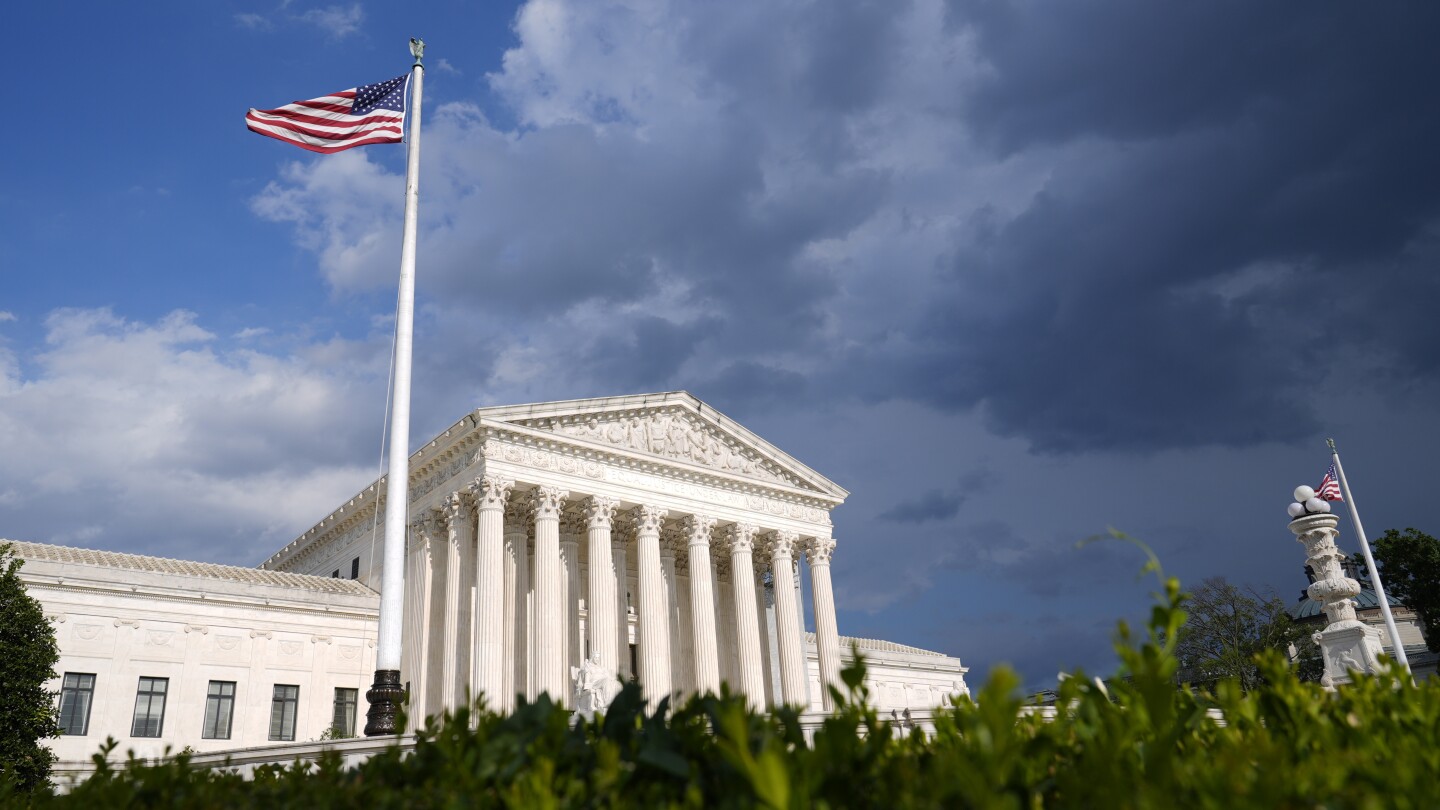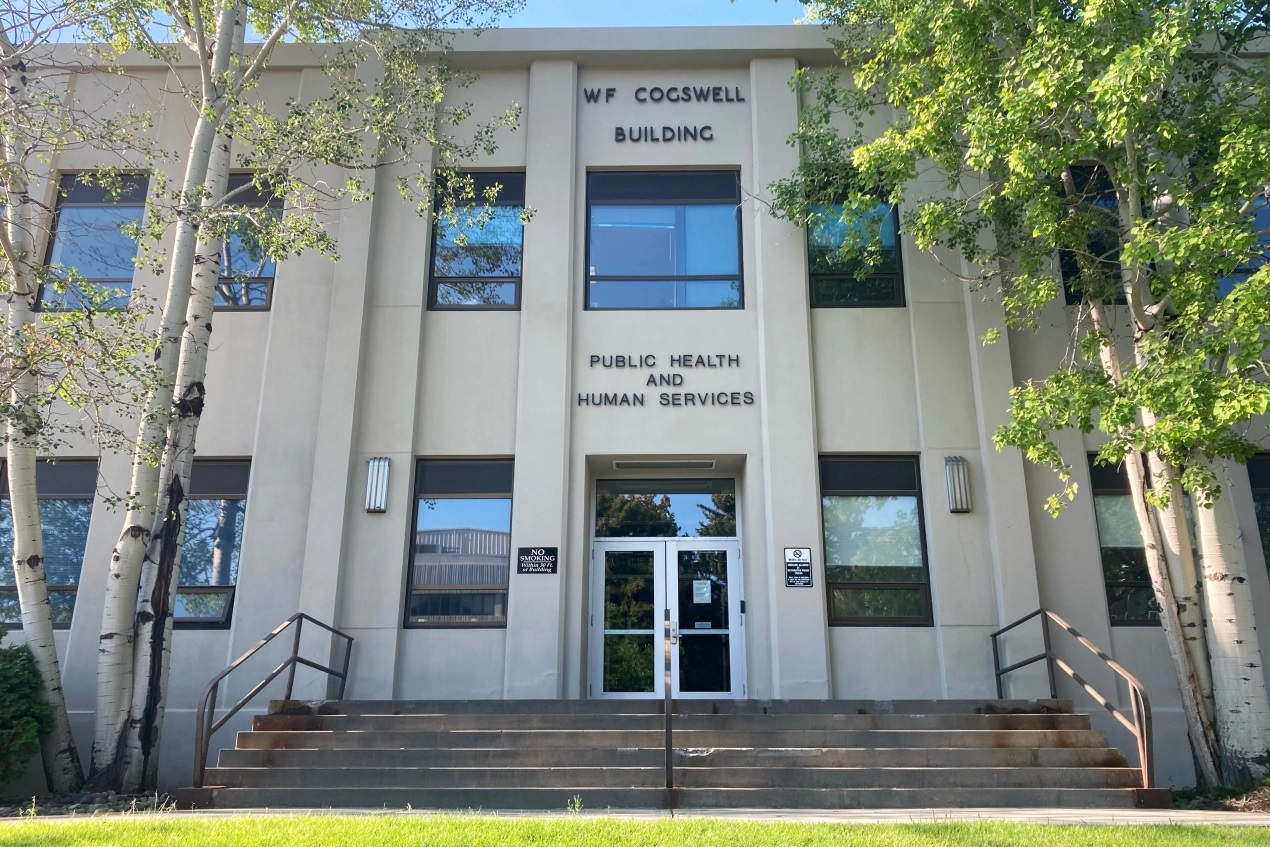
Faith, Education, and the Constitution: Supreme Court Weighs Charter School Religious Rights
In a strategic legal move, conservative advocates are banking on this case to extend their recent judicial victories, which have progressively expanded the use of public funds for religious initiatives. These ongoing legal efforts aim to broaden the interpretation of religious freedom and government support for faith-based organizations, potentially marking another significant milestone in their long-standing campaign to blur the traditional lines between church and state funding. The conservatives see this case as a potential continuation of a promising trend in Supreme Court rulings that have increasingly permitted taxpayer dollars to be channeled toward religious institutions and programs. By challenging existing restrictions, they hope to establish broader precedents that would provide more financial flexibility for religious entities seeking public support.










